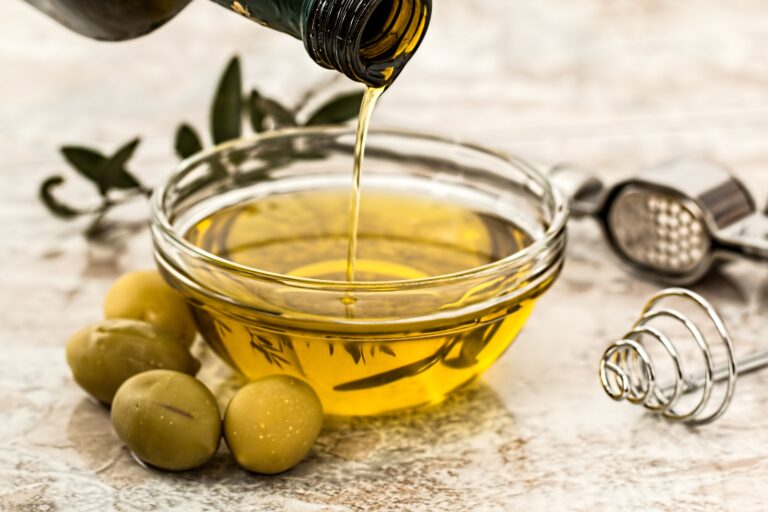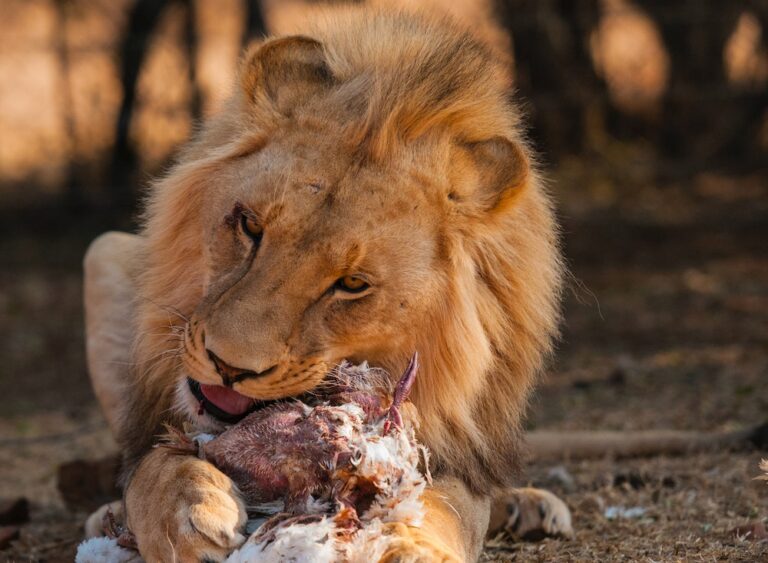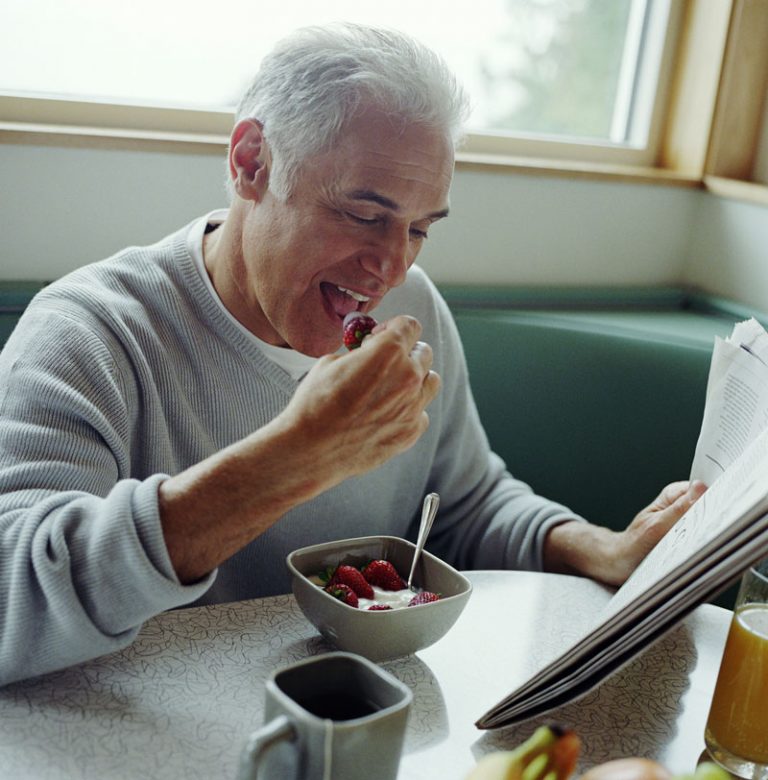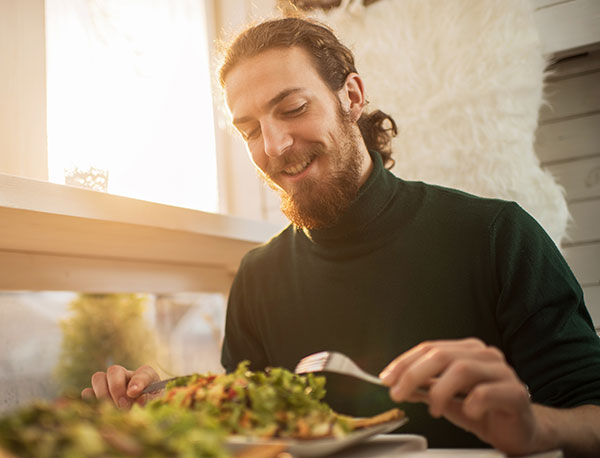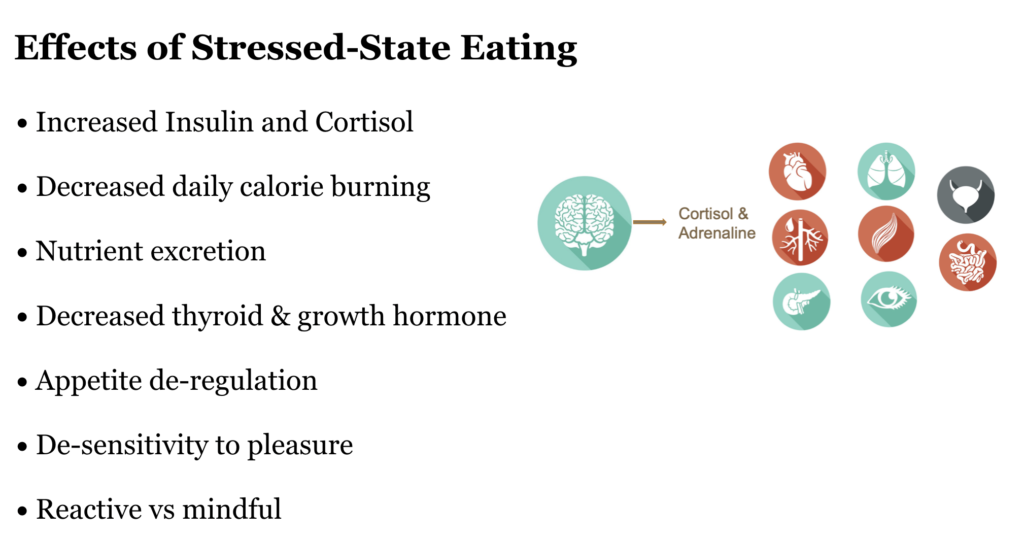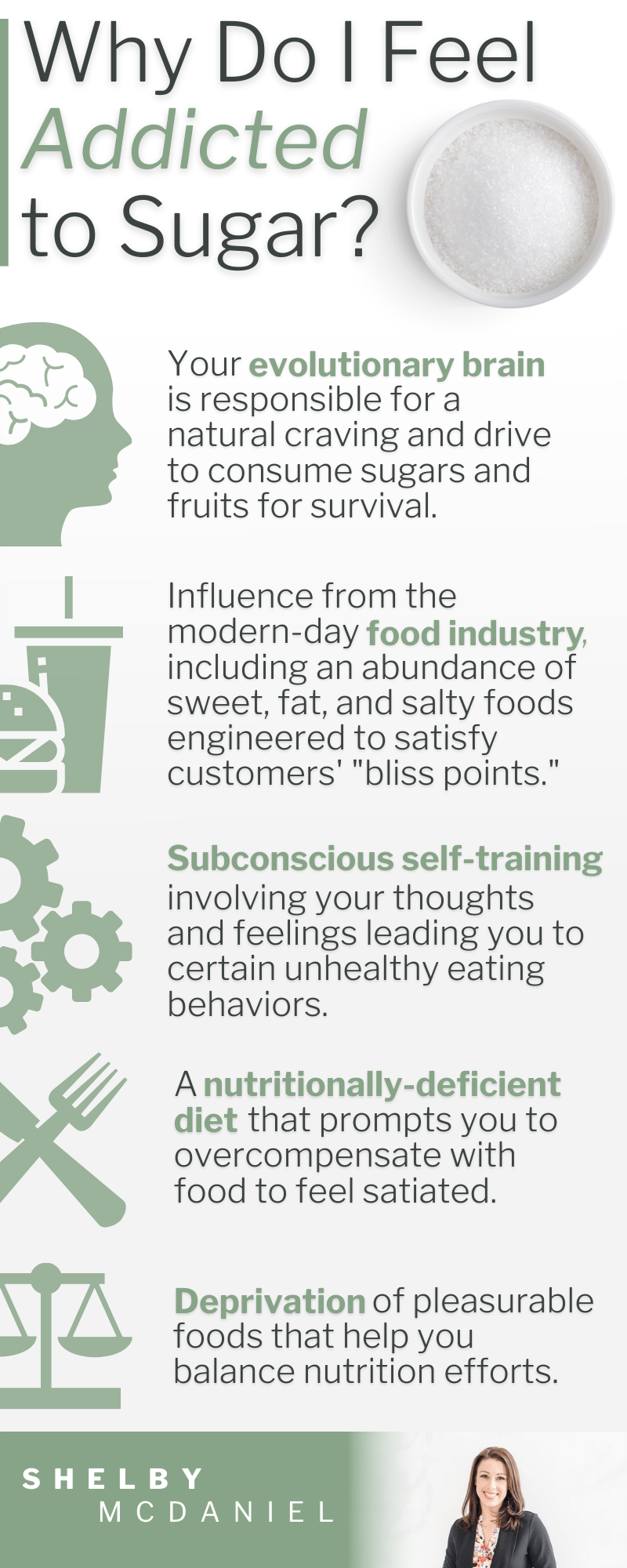We live in a diet-focused weight focused society. Sad, but true. In fact, 50% of Americans struggle finding a healthy relationship with food, yet we are encouraged to get “healthy” through dieting, the very means that leads to an unhealthy relationship with food over time for so many.
Just to confirm what your gut instinct you may already be telling you, an unhealthy relationship with food can resemble any of the following:
- Repetitive restricting / binge eating or overeating cycles
- Guilt and shame around foods
- Cutting out macros or food groups
- Feel completely lost intuitively knowing when, what, and how much to eat
- Always trying the next best “diet”
- Avoiding social situations around food out of fear of losing control
- Constantly thinking about food
- Fear and or anxiety around food (or specific food groups)
- Feel hunger is bad
- Feel pleasure with food is bad
- Label food as “good” “bad” “clean” “cheating” often
- Eating feels like a job, mechanical, and NOT nurturing and enjoyable
- No internal trust or guidance regarding when, what, and how much to eat
- Use food as a primary means to emotionally cope
- Use food to numb out
- Avoid food/eating as much as possible
- Have an all-or-nothing approach with food
- Let the scale dictate what you eat/don’t eat on a day to day basis
- Can’t stay in control without a hardcore meal plan or food logging
- Repetitive gain and loss of weight year after year (yo-yo dieting)
- No other knowledge on how to eat other than dieting
- Believe you are addicted to food, sugar, fast food, or other
If you can relate to any of the above, we are glad you’re here. The good news is, no matter how long you have struggled with food, you can turn this ship around!
If your “normal” is an unhealthy relationship with food, you might have trouble envisioning what a healthy relationship with food even looks like? In fact, that’s a great question we LOVE to ask our personal coaching clients. What does a healthy relationship with food mean to you? What do you want your day to day eating to look like? It isn’t always an easy question to answer.
Allow us to lay out what our professionals AND our clients see not only what is a healthy relationship with food, but what is 1000% possible for you too!
Eat When You're Hungry, Stop When You're Full
How nice would it be to know when to eat, eat when you’re hungry, and stop eating when you’re satisfied, and move on with your day? That is what each and every one of us is wired to do! Unfortunately all of the diets you have done in the past have moved you further away from this intuitive connection and trust factor. Yo-yo dieting over the years can also skew your metabolism and hunger and fullness cues, making it even more challenging to restore without mindful eating intervention.
Your body is meant to signal you to eat, so you eat, and don’t die and become extinct. You know that ravenous feeling you get when you have waited too long to eat? It feels painful because your brain and body are trying at that point to force you to eat and nurture your beloved vessel. Point is, hunger is an absolute friend that you need to be able to feel confident about when to eat without all the tracking and food rules.
Feeling ravenous however, is not the full definition of hunger. It’s a level of hunger, big difference. It’s like defcon 5 level of hunger where all the alarm bells and whistles are going off to ensure you eat, which is why it’s painful and gets your attention bigtime!
There are, however, more gentle levels of hunger provided by the body too. These are more of a gentle tap or nudge, we call them hunger “pangs” not “pains” for a reason. Unfortunately, our busy days, chronic stress and anxiety, and overall lack of mindfulness causes many to completely miss these cues, leaving them ravenous, and reinforcing their belief that hunger is bad.

A good first step to re-engage with your hunger cues is to first wrap your brain around the fact that hunger isn’t the enemy. Once you do this, you can begin to try to work on being mindful about what you notice (or don’t notice during the day) regarding your hunger and can take baby steps from there. Eating when you are at a Level 03 hunger pang will help you get the most experience from you food while avoiding the pain of feeling the Level 01 Ravenous hunger.
You Feel at Peace Around Food
The intention of intuitive eating becomes to eat to “feel good” vs “be good”. You’ve probably been trying to “be good” for a really long time. The more you chase this in your efforts to “feel in control”, the further away you are actually getting from having a loving relationship with food because you stop listening to your own body wisdom while you simultaneously grow that self sabotaging criticism about your eating performance.
It’s easy to unintentionally eat to “be good” all the time, and thus morally judge yourself as “good” or “bad” based on what you ate (or didn’t eat). Have compassion for yourself here. Think about ALL of the rules, numbers, and tracking that you’ve been brainwashed with.
One of the game-changing practices we teach to begin the process of feeling at peace around food is something called Relaxed Nourished Eating. In fact, it is a non-negotiable fundamental strategy for any unwanted eating behavior and for anyone wanting a loving relationship with food.
Relaxed Nourished Eating is a pattern interrupt for the diet-mentality approach of trying to “be good” around food all the time. But what does this actually mean? Saying to yourself “relax around food” is like saying, “just don’t eat it”. If it were that simple, right? We get it! This is where you need some step-by-step strategies like the ones below:
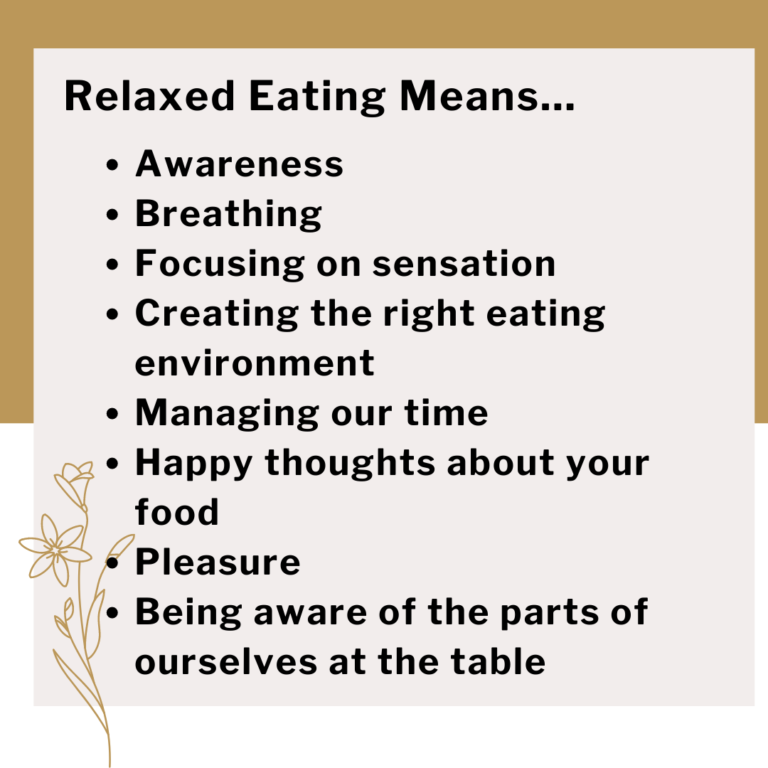
If you are not practicing relaxed eating, you are engaged in what we call, stress-state eating. When you body is stressed, you further increase cortisol and insulin production, reduce metabolism, further de-regulate your appetite, feel reactive around food (mindless), and you miss the entire experience of the meal, leaving you feeling less satisfied and craving MORE food regardless of what you physically ate. Relaxing at the plate literally will help you boost metabolism, decrease your cravings and overeating, and help you think LESS about food!
If that wasn’t enough, Relaxed Nourished Eating also helps you ENJOY food again. Wait, what? Yes! A key component to having a wonderful eating experience that leaves you feeling satisfied with less food revolves around if you actually ENJOY the food you are choosing for yourself. So often when we try to “be good” all the time, eating food to simply check a box like a good girl/boy, instead of choosing it because we enjoy it.
All of us humans are wired to find pleasure with food. In fact, pleasure is JUST as important as the components in your meal, being responsible for 40-60% of your digestive, assimilative, and calorie burning power!
When you don’t want to pay attention to your food because you feel food is the enemy, or you race through your meals because you don’t prioritize yourself, you miss the eating experience. When you miss the eating experience, your brain doesn’t check the box fully that you ate and that you’re ok, causing it to scream HUNGRY!
In fact, here is a free PDF of Relaxed Nourished Eating strategies. The more you improve this practice, we promise, the more improvements you will see with overeating, binge eating, and overall cravings!
You Establish Balanced Eating
Your day to day eating is the perfect balance of eating for nourishment and pleasure that works for YOU. No extreme swings of being “on” or “off” or restrictive or out of control. Have that one cookie versus the whole row, or that handful of fries without thinking you need to make an entire weekend of it since you “already screwed up”.
Balance is a variation in the type of food we consume without guilt and shame. Avoiding certain food groups out of fear (i.e. proteins, fats, carbs) is certainly NOT balanced and is a clear signal of an unhealthy relationship with food. Simply put, “everything in moderation.” Just like there is a time and place for everything in life, there is a place for everything in your eating.
Balance also means flexibility. Sometimes you have to call the audible and just go with the flow, freely accepting and welcoming nonconformities to preferred foods as a natural part of life and NOT as a criticism of your worth. With a healthy relationship with food, you don’t panic when your sister takes you to a restaurant that doesn’t serve “clean” options or serves “junk.” You allow for this flexibility and enjoy the meal regardless. It’s critical to give yourself this freedom and allow for this flexibility of making unplanned food choices.
A good first step we suggest is to give yourself permission to explore your perfect balance. What would that look like for you right NOW? Meaning, how can you meet yourself where you are at right NOW with the type of balance you need? That balance will surely change over time.
If you need a small dove chocolate right now daily because that’s what you feel you need, do it. You may not need this 4-6 weeks from now because as you give yourself permission to explore, the urgency to “take advantage” of certain foods when they become available will fade over time. You’ll find yourself forgetting about those Doritos in the pantry or ice cream in the freezer.
You Deal with Triggers in a Healthy Way
Simply put, you’re not using food because you’re sad, mad, anxious, bored, tired, or other frequently. Instead, you have the mindfulness to understand why you are wanting to eat when you’re not hungry, and you have the tools and action steps to RESPOND in a healthy way to these triggers, versus REACT mindlessly. You can meet your true needs and understand how to truly take care of your physical, emotional, and spiritual needs without food being the central focus or placeholder.
Sometimes we are triggered because we are tired, we see those goodies on the counter, or because of an emotional trigger like stress, anxiety, loneliness, even our own inner negative self talk can trigger our emotions that cause us to eat. We can easily train ourselves to use food to cope with these uncomfortable feelings or fill a void repeatedly if we are not taught any other way to handle triggers or meet underlying needs we don’t even know are yearning for our attention.
One of the first steps you can take to help you bring more mindfulness to eating when you’re not hungry is, when you get any urge to eat, practicing pausing and asking yourself, “Am I Hungry?”. It’s not the cure all, but it’s a great first step to bring awareness to what is triggering you to eat when you’re not hungry.
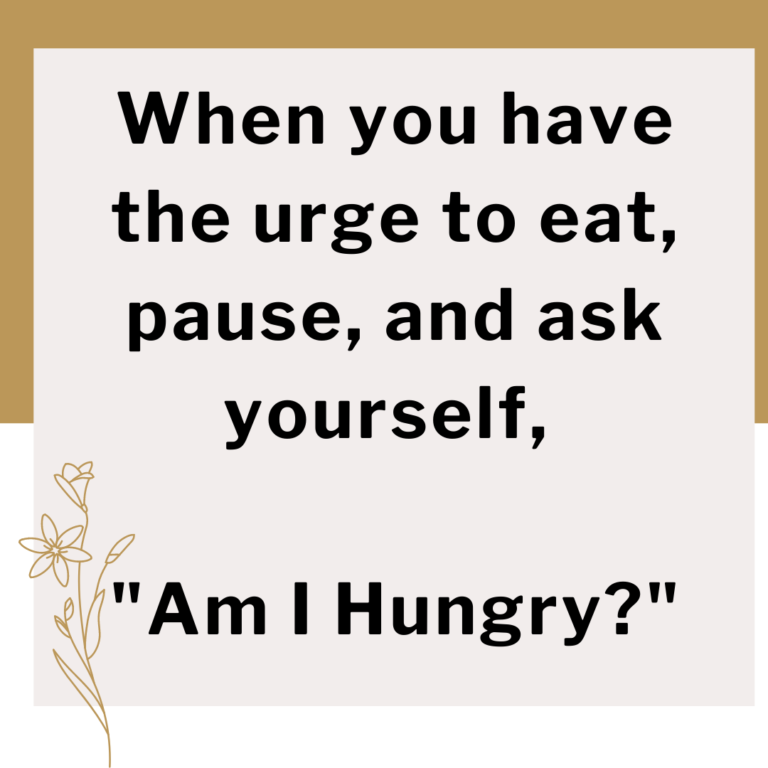
You Know What To Eat For YOU and YOUR Body
You understand what your body both wants and needs in terms of nutrition, balance, and energy, regardless of what your last diet, trainer, or tracking app says. When you begin to eat to feel good vs to be good, let me tell you, you start seeing a lot of things you didn’t before. That donut you have the stare down with at the office starts to become more unappealing because you feel like sh*t after having it, or that lull in the afternoon gets your attention that you need a little more substance at your lunch, or more protein to balance out your blood sugar levels better. Your digestive upset may call for less dairy, or more fiber.
Point is, mindful eating and upping your intuitive GPS will guide you to become YOUR best nutrition expert. There’s only one of you on this planet, and therefore, can only have one best nutrition expert – YOU.
Does that mean you NEVER eat foods that don’t make you feel good? No, that’s not realistic, again, everything in moderation. Instead you develop patterns where most often you are eating what your body both wants and needs.
At this point, it would be fair to assume that you know quite a bit about nutrition.There are probably foods that you have been exposed to in your past dieting attempts that you could easily conclude what you feel good with and what you don’t. Pluck some of that knowledge out and begin to apply it one baby step at a time.
For example, maybe you felt more energized with a high plant based diet, great! That doesn’t mean you have to go totally vegan. Instead, start with a single meal a day where you could boost your veggie intake more than it is now.
You Invest Your Energy Into Living
What would you do with all the energy you used to put into obsessing about your food and weight? What would you want to do with it? Those that have a healthy relationship with food are able to experience this Diet Freedom daily. Until you are able to step out of the bondage you may feel food has over you right now do you really understand just how small your world has become surrounding food and diet obsessions.
The key is to begin to live your life NOW. Do not wait to do so until you lose the weight. Losing weight has no personal happiness guarantee. It is not a magic wand. You have to stop surviving and start living now.
The more that you get back into your life, the less hyperfocus you will devote to food, weight, and eating performance, and right now you could use any bit of emotional relief you can get from food and diet obsessions.
What is ONE small step you could make here for yourself? What lights you up inside? What brings you joy? What interests do you want to reconnect with, or perhaps discover for the first time? There are no right and wrong answers. These are all “get to’s”, not “have to’s”.
Do You Believe You Can Have A Healthy Relationship with Food?
We hope you have more clarity on what a healthy relationship with food looks like. 95% of our new clients know that a healthy relationship with food exists, but they just aren’t sure that they personally can achieve it. We get it, and we are here to tell you it is absolutely possible!
In fact, it can happen faster than you think, especially when you get some extra tools and guidance. We invite you to check out our various ways we can help you move forward towards this amazing and freeing relationship with food that you so deserve. It’s all about taking small steps. If you take small steps every day, over time, that’s going to add up to big results!
If you enjoyed this article, please share it with those you feel could use the extra support!

